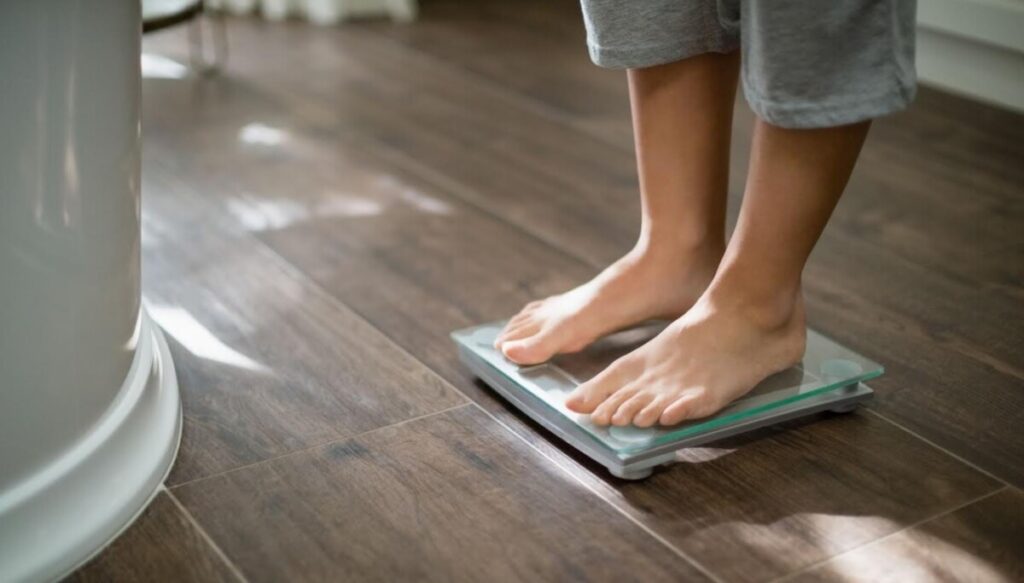Putting on weight is something that a large proportion of people have to endure at some point during their lives. The last couple of years have seen the number of overweight and obese in the USA go beyond levels ever seen before. The main reason is obvious: the onset of the pandemic meant that we were unable to exercise as often as possible. People also suffered stress at the uncertainty of the future.
For some people it is surprisingly easy to put on weight, and things can escalate very quickly. Weight gain can also come about for medical reasons – persons who have had medical procedures that restrict their movement for some time, for example – and it can also be hereditary. There are endless diets, supplements, and other ‘magic’ weight loss products on the market, but what happens when you have tried them all and nothing works?
It’s at this point that you might want to think about undertaking a medical weight loss programme, but as we are about to explain this is not something you can simply sign up for and get going. It is a medical routine, and one you will need to be assessed for suitability before you are accepted. Let’s look at what we mean by this.
I Want to Lose Weight – Can I Sign up for a Weight Loss Program?
You can make an appointment at a weight loss clinic and attend an initial consultation, but you will not automatically be accepted. This is because some weight loss influences are lifestyle choices. For example, you may enjoy your fast food like many people do, but it will add to your weight. You might be a heavy drinker, or smoke a lot, and each of these can influence your body weight. You may be averse to exercise or perhaps you indulge in recreational drugs?
Before you are accepted onto a weight loss course of the medical kind you will be expected to demonstrate a commitment to changing the lifestyle choices as mentioned above: cut down on alcohol and give up smoking; take regular exercise and eat a healthy balanced diet. When we say commitment, you will be expected to work with nutritionists and dieticians at the clinic to display your determination to a new and healthier approach to life. Without this commitment, no treatment will help you lose weight.
So, the ideal candidate is someone who can show that they have tried a diet, or supplements, or other advice and have had no success. Or someone who is clinically obese. Let’s have a quick look at obesity means, so you can determine whether you fall into this category.

Am I Obese?
America has a problem with obesity and right now it is a serious strain on resources. Persons who are obese can be enrolled on medical weight loss but again, only if they can display commitment to lifestyle changes that may be affecting their condition.
Are you obese? An obese person is someone whose body mass index (BMI) is greater than 30. This is calculated by way of a set equation which your doctor will perform to deduce whether you are merely overweight or perhaps obese. This is important because the medical weight loss routine for someone who is overweight may differ from that for an obese individual. Let’s now look at what an average medical weight loss program will involve.
What Does Medical Weight Loss Involve?
If you have tried losing weight and have not succeeded your doctor may refer you to your local Shelby Township clinic. Here you will undergo a detailed consultation in which you will be asked many questions, some of which you may find personal. This is necessary if the medical professionals are to decide which course of action to take. What happens next depends upon your personally tailored medical weight loss program, but will involve all or most of the following:
- Nutrition and dietary counseling from professionals who have expertise in helping devise a balanced diet that should aid weight loss yet keep you suitably rich in the nutrients you need.
- Weight loss supplements that are FDA approved will be prescribed and these are primarily aimed at reducing your appetite so making it easier to diet successfully.
- Fat burning injections may be administered. These contain various active vitamins and amino acids that help with reducing fat levels in the body and may be required twice a week.
- Ongoing monitoring of your progress via a smartphone app that enables you to keep track of your calorie count and weight loss as it progresses. Your performance will also be monitored by the team who are administering your weight loss program.
- Hormone Replacement Therapy may be used in some cases, as the reduction in production of certain hormones can accelerate weight gain in some individuals.
The above is an outline of how a medical weight loss program usually works, yet we remind you that whatever is prescribed for you will be determined by your personal situation including the level and causes of the weight gain you have been experiencing. So, what can you expect to happen once you are engaged in your weight gain program?
How Will I Benefit from Medical Weight Loss?
In addition to all points mentioned above you will also be required to have sensible expectations of the results of the program. Medical weight loss is not a ‘miracle cure;’ it is a process that takes time, effort, and commitment on behalf of the patient and those dealing with the patient.
There are examples in which patients have lost more than 30lbs in just a few weeks. Allow your expectations to extend to a few months and you can be pleasantly surprised should you exceed them. There are also successful cases in which obese persons have shed 100lbs during a medical weight loss program. Approach it with your ideal result rather than a fairy-tale one, and you will certainly reap the benefits. Get in touch with a clinic now and arrange that consultation.
